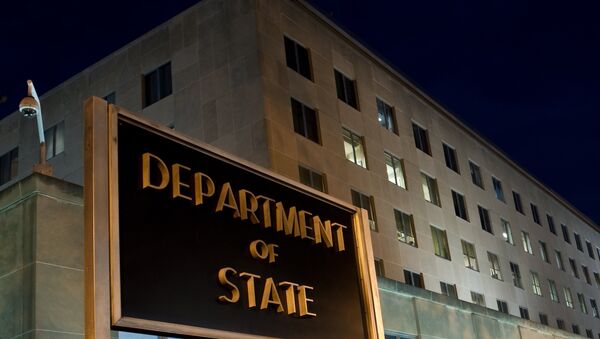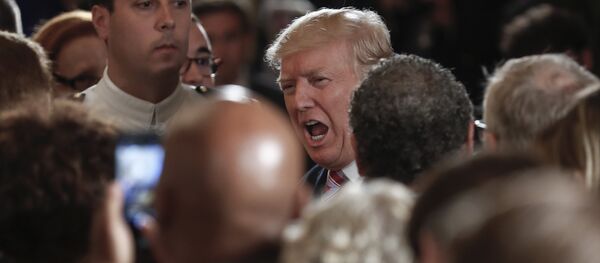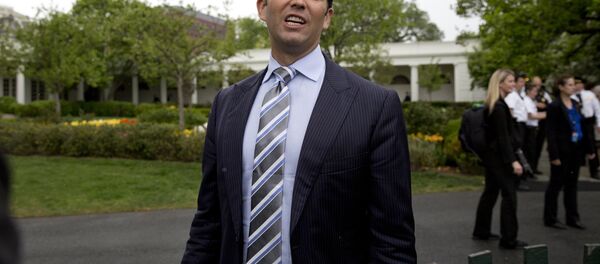Now top career Foreign Service workers are going public with their dissatisfaction, and increasing numbers are resigning.
The top US diplomat in China, David Rank, resigned on Monday, stating that he could not defend to his Chinese hosts Trump's decision to withdraw from the Paris climate accord, according to a report by the New York Times.
Rank, a highly respected diplomat who took over duties from the previous US ambassador to China in January while awaiting the Trump appointment to Beijing, was reported to be deeply frustrated by US foreign policy under the new president.
The previous day, Lewis Lukens, the US State Department's acting ambassador to the UK, publicly expressed his support for London Mayor Sadiq Khan in the wake of Friday night's deadly terrorist attacks, in open opposition to a series of tweets by Trump criticizing Khan and referring to him as "pathetic," based on the former's clear misinterpretation of statements made by the latter.
Other high-ranking US Foreign Service members have made similar gestures, including Dana Shell Smith, the US ambassador to Qatar, who stated last month that she found it "Increasingly difficult to wake up overseas to news from home, knowing I will spend today explaining our democracy and institutions."
Early in the Trump presidency, an eye-opening 1,000 staff members from the US State Department signed a memo refuting the newly inaugurated president's January attempt to implement a visa ban on seven predominantly Muslim countries.
Trump's ruling style makes working as a government employee "particularly difficult," due primarily to his virulent criticism of those in professional service and his often bizarre and increasingly erratic pronouncements — often in the form of tweets — of foreign policy, according to USA Today.
According to reports, the ranks of the US State Department have noticeably thinned in recent months, as the few new Trump appointments have not kept pace with the exodus of staffers.
"It's an extraordinarily unusual situation for the Foreign Service," said R. Nicholas Burns, a former undersecretary of state for political affairs in the administration of George W. Bush, cited by the New York Times.




